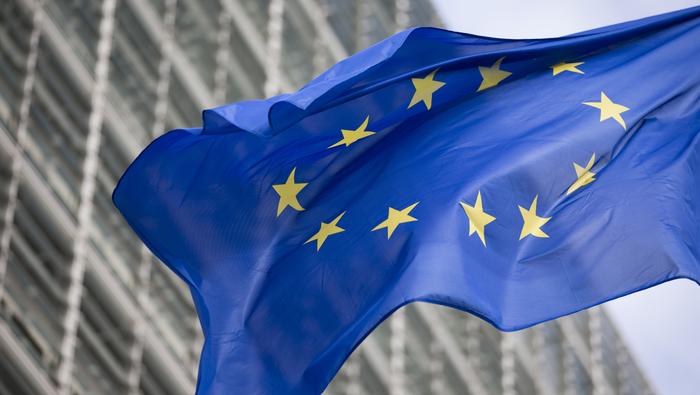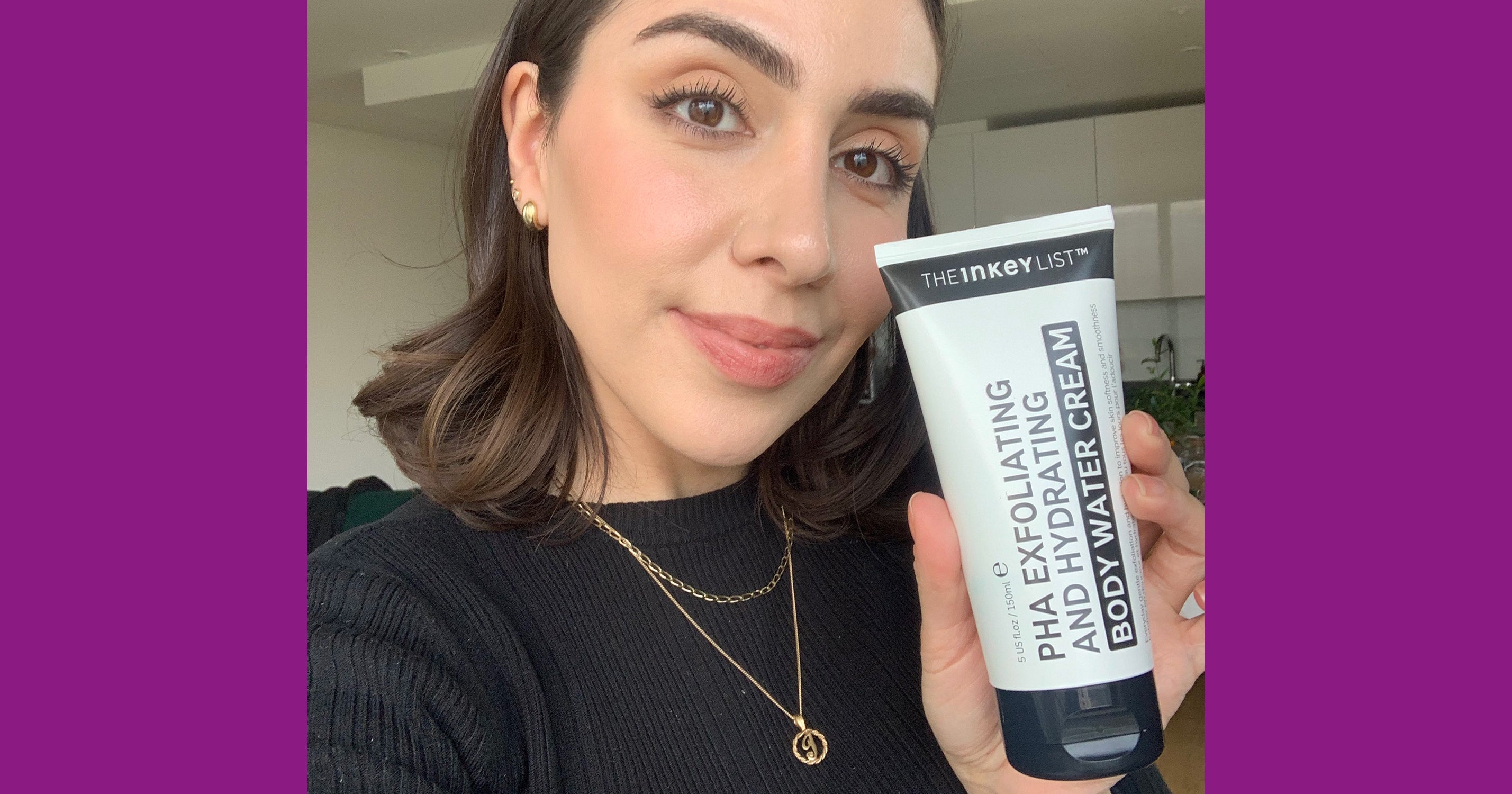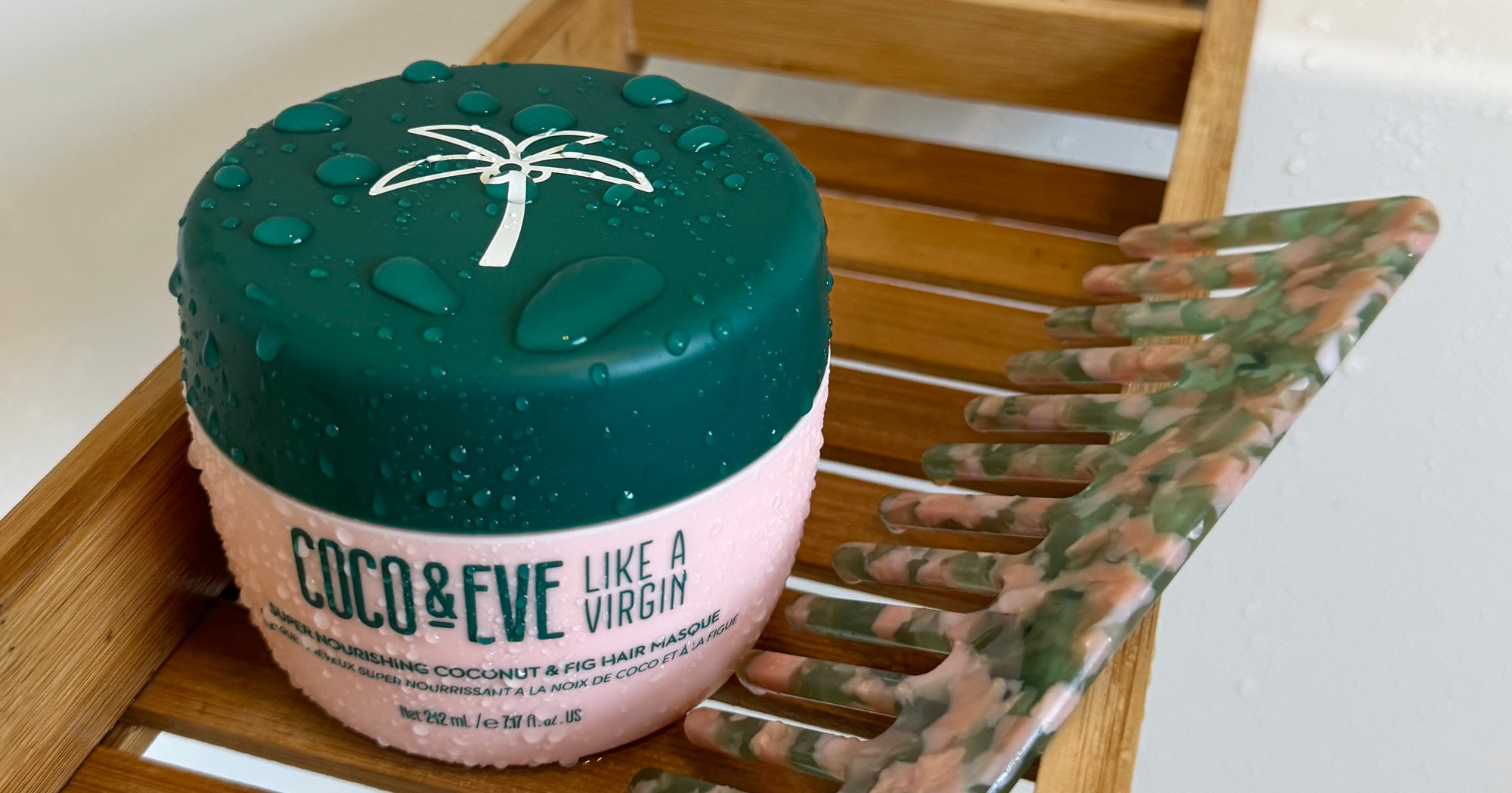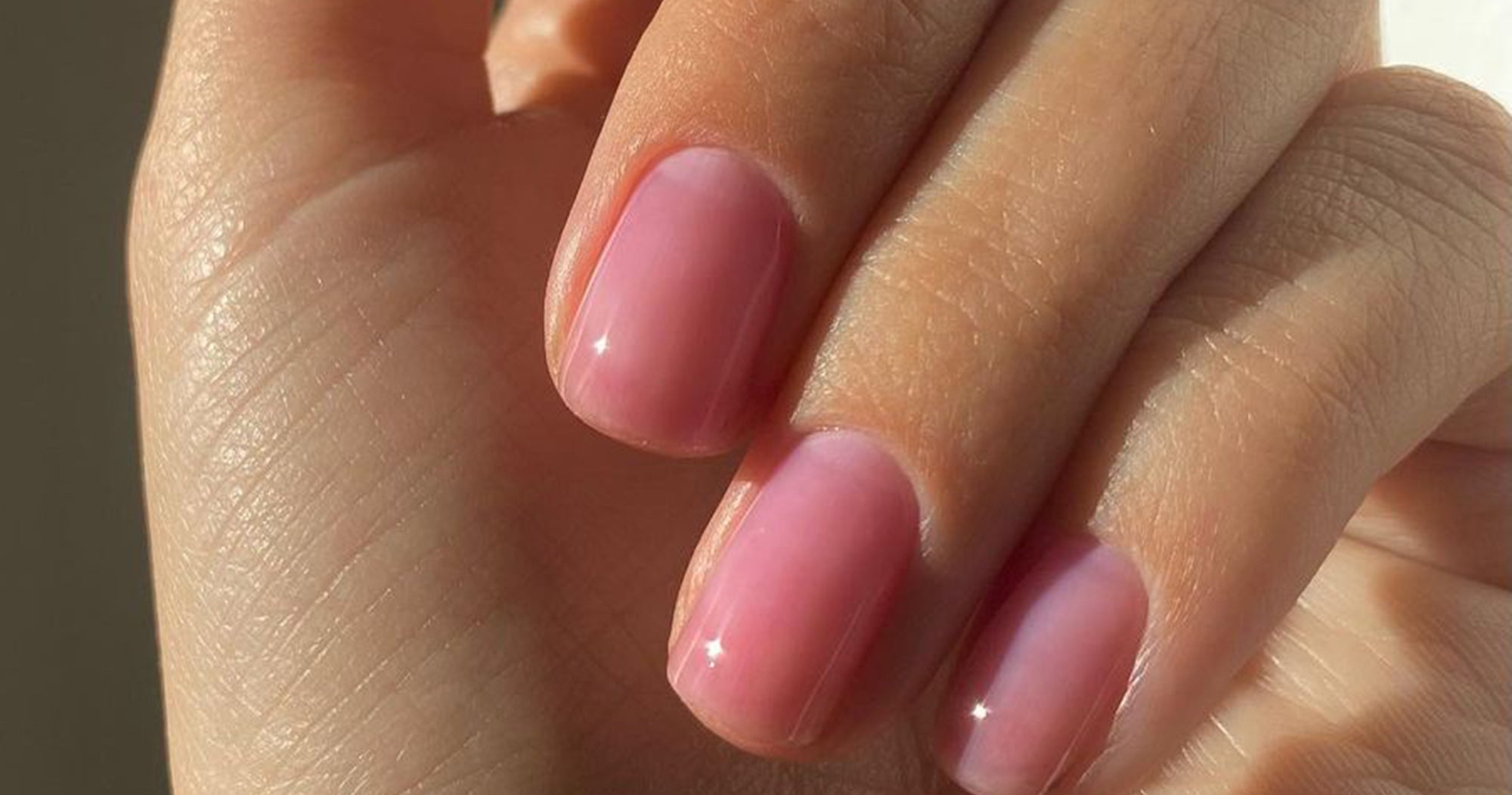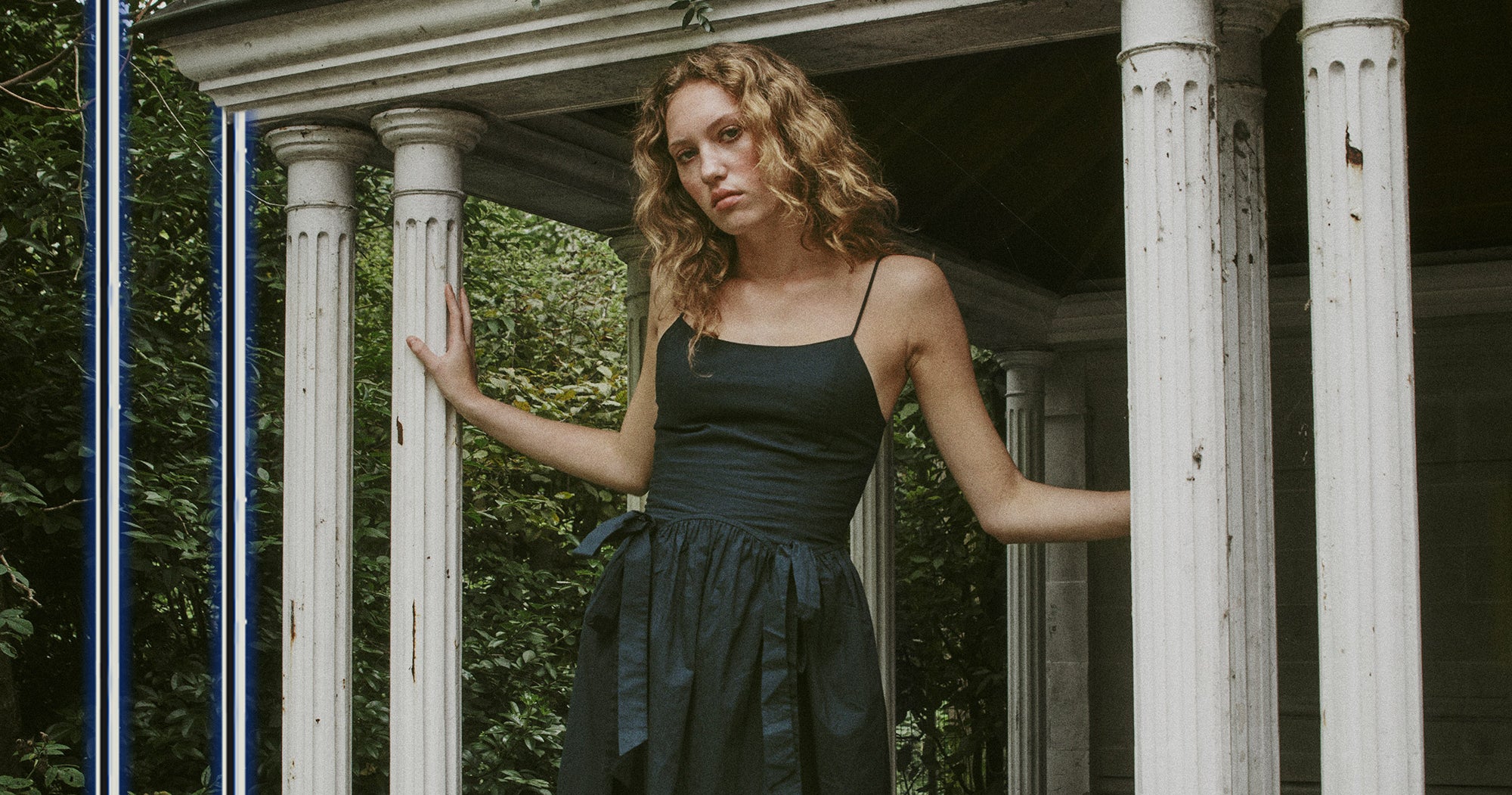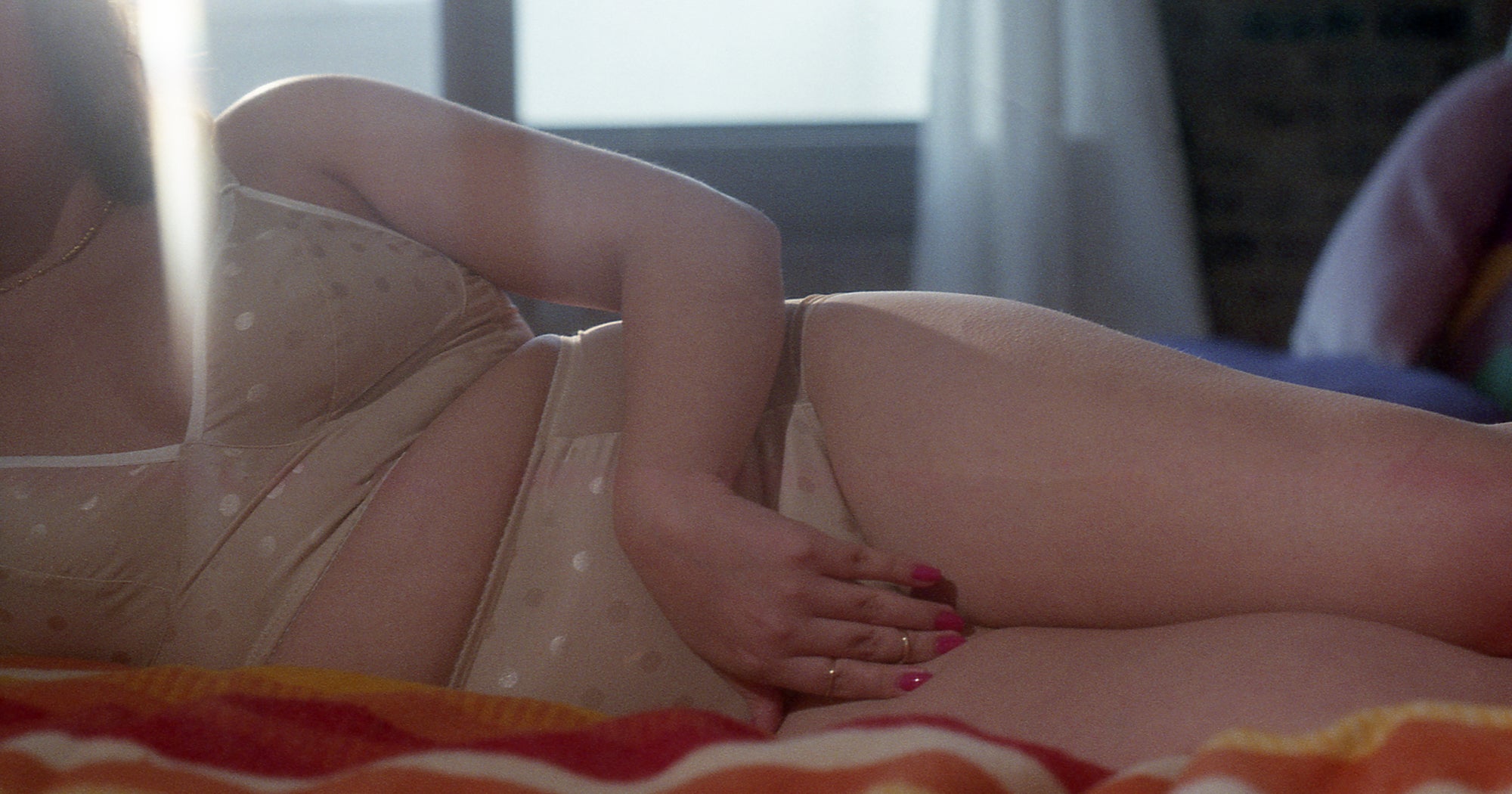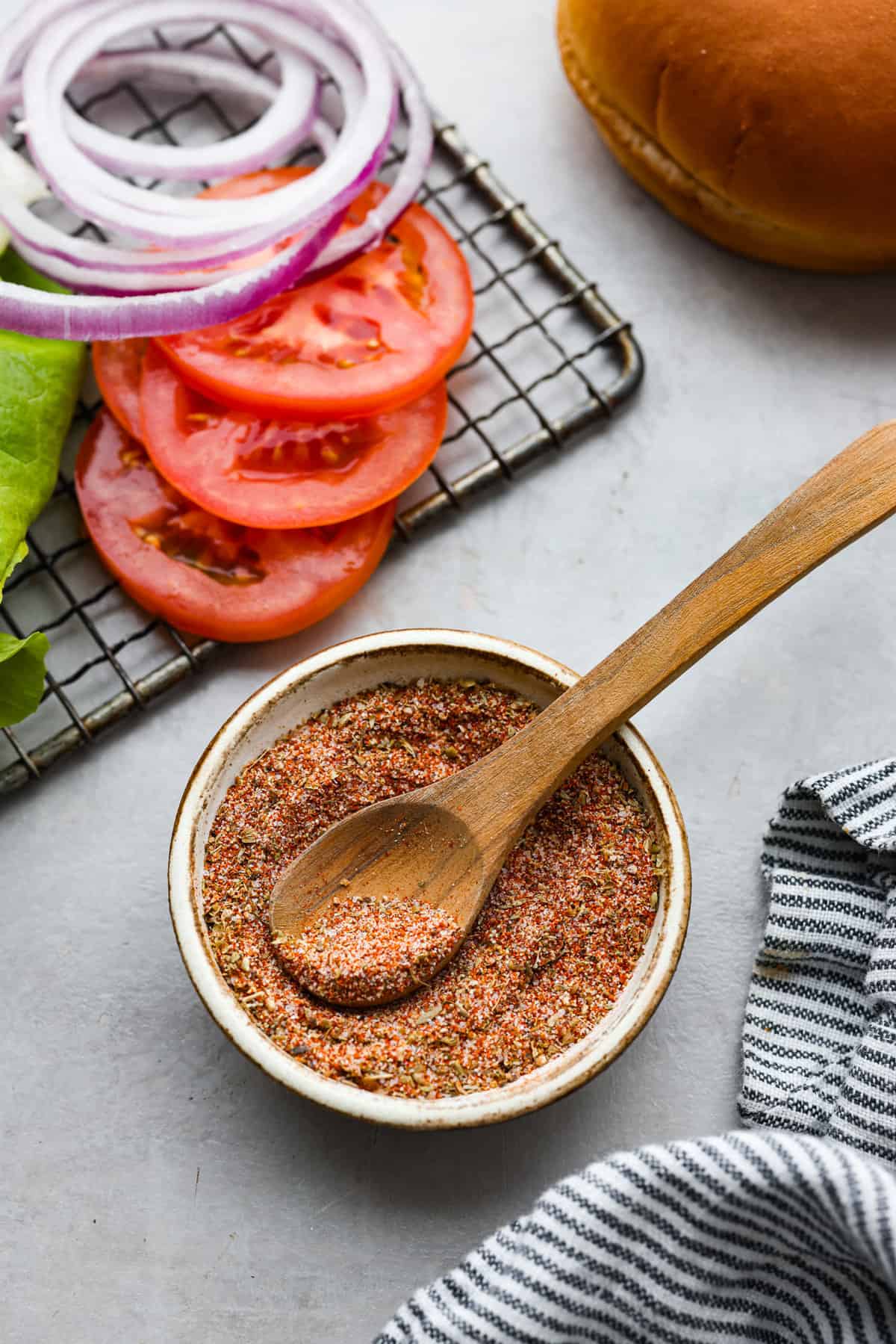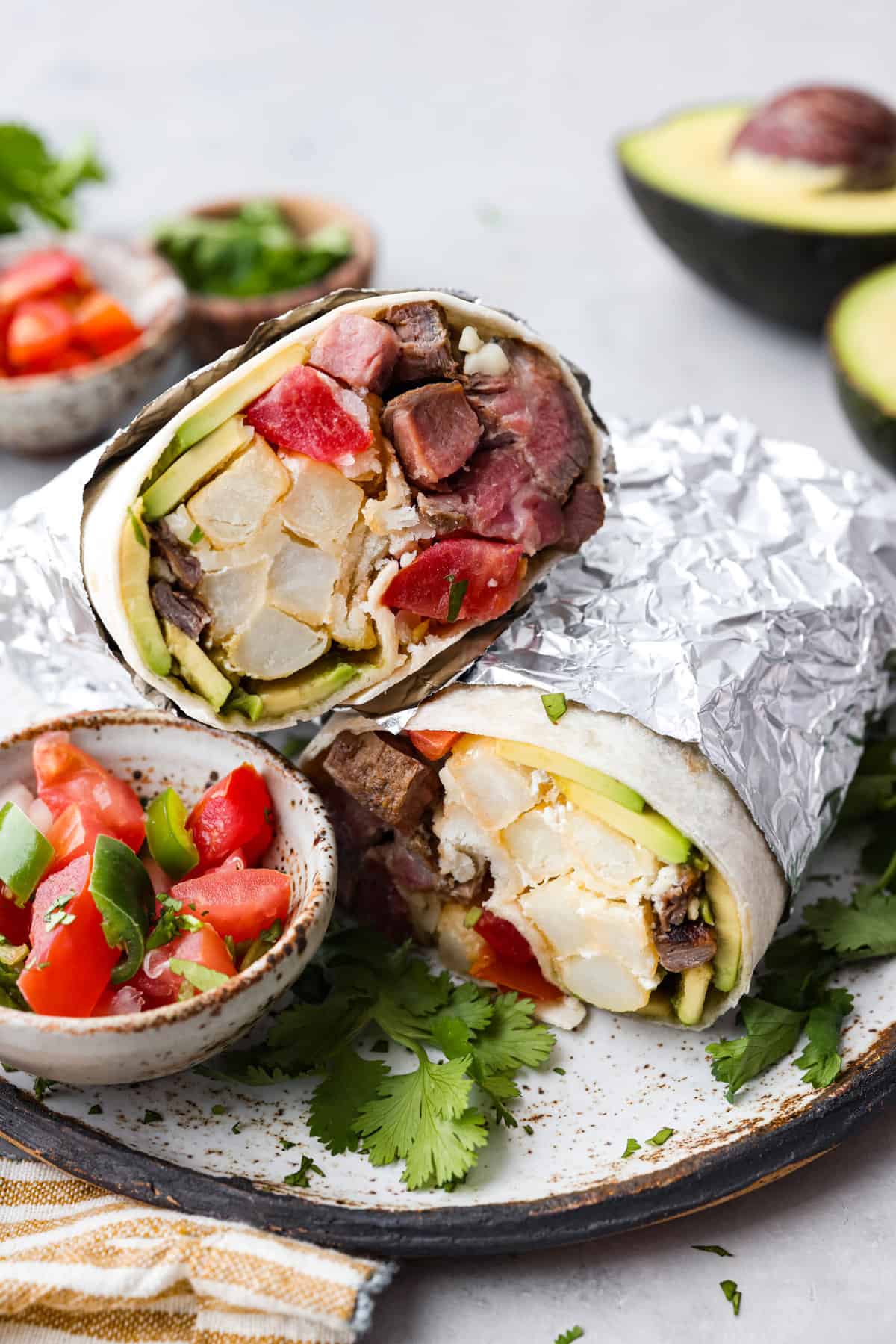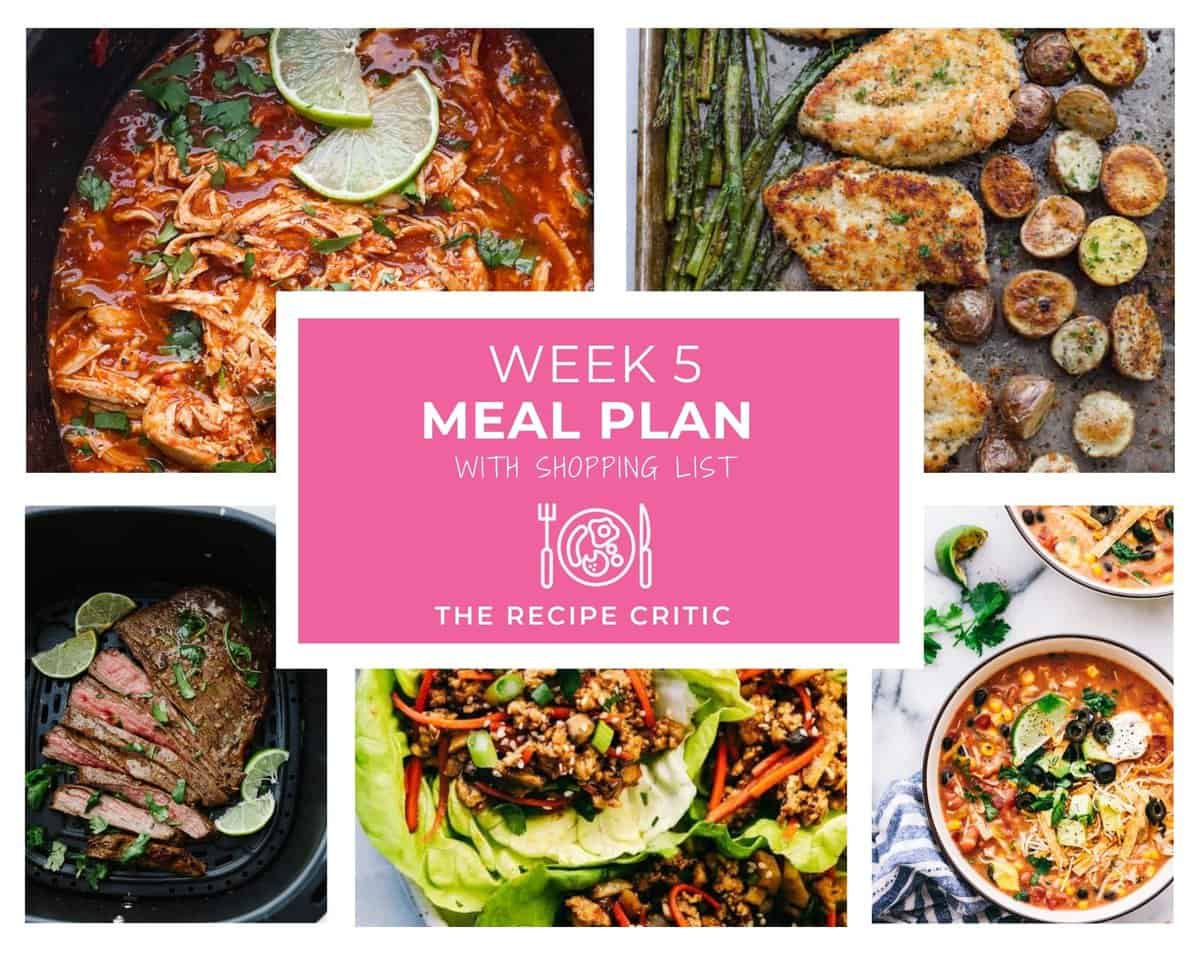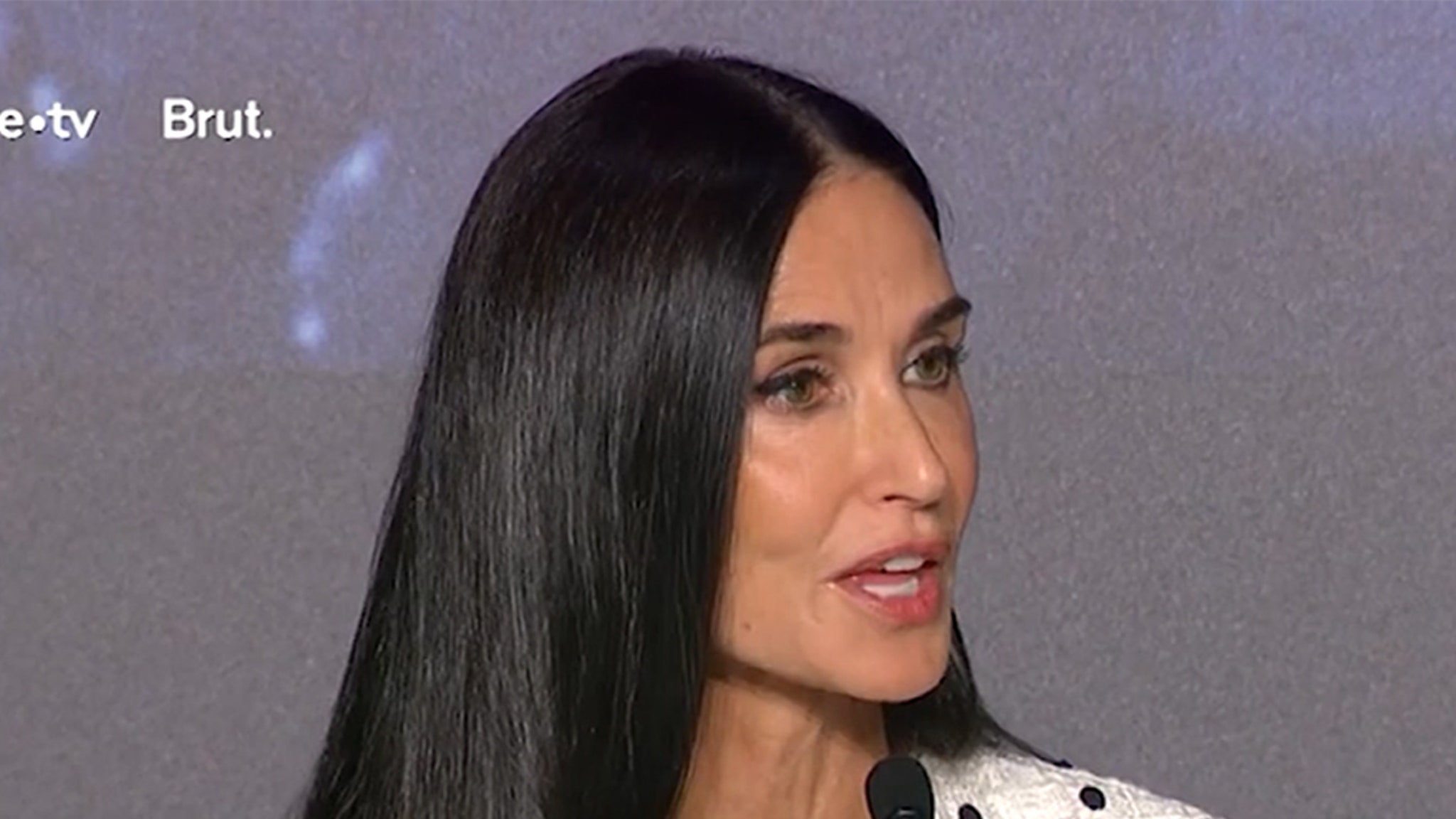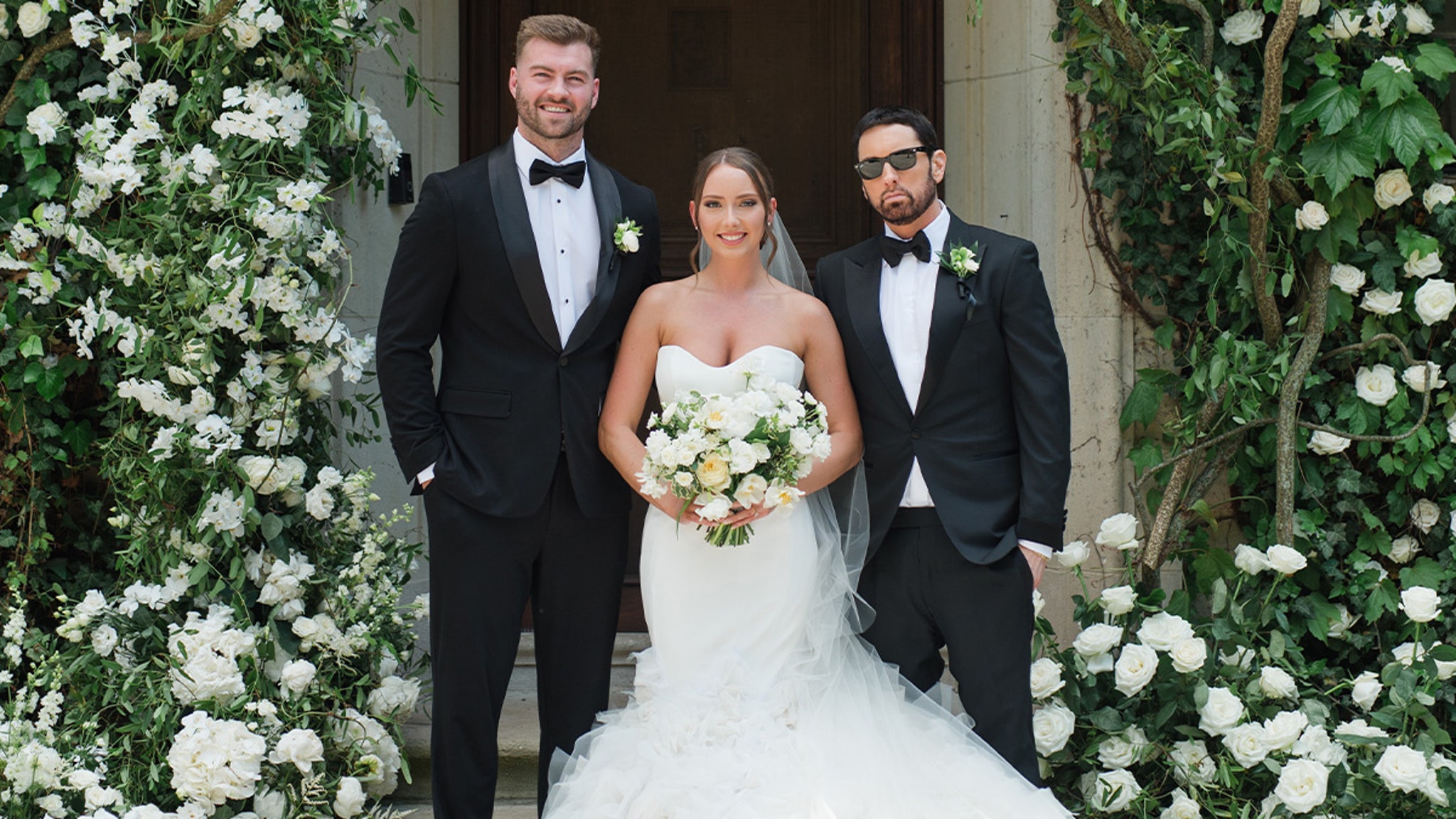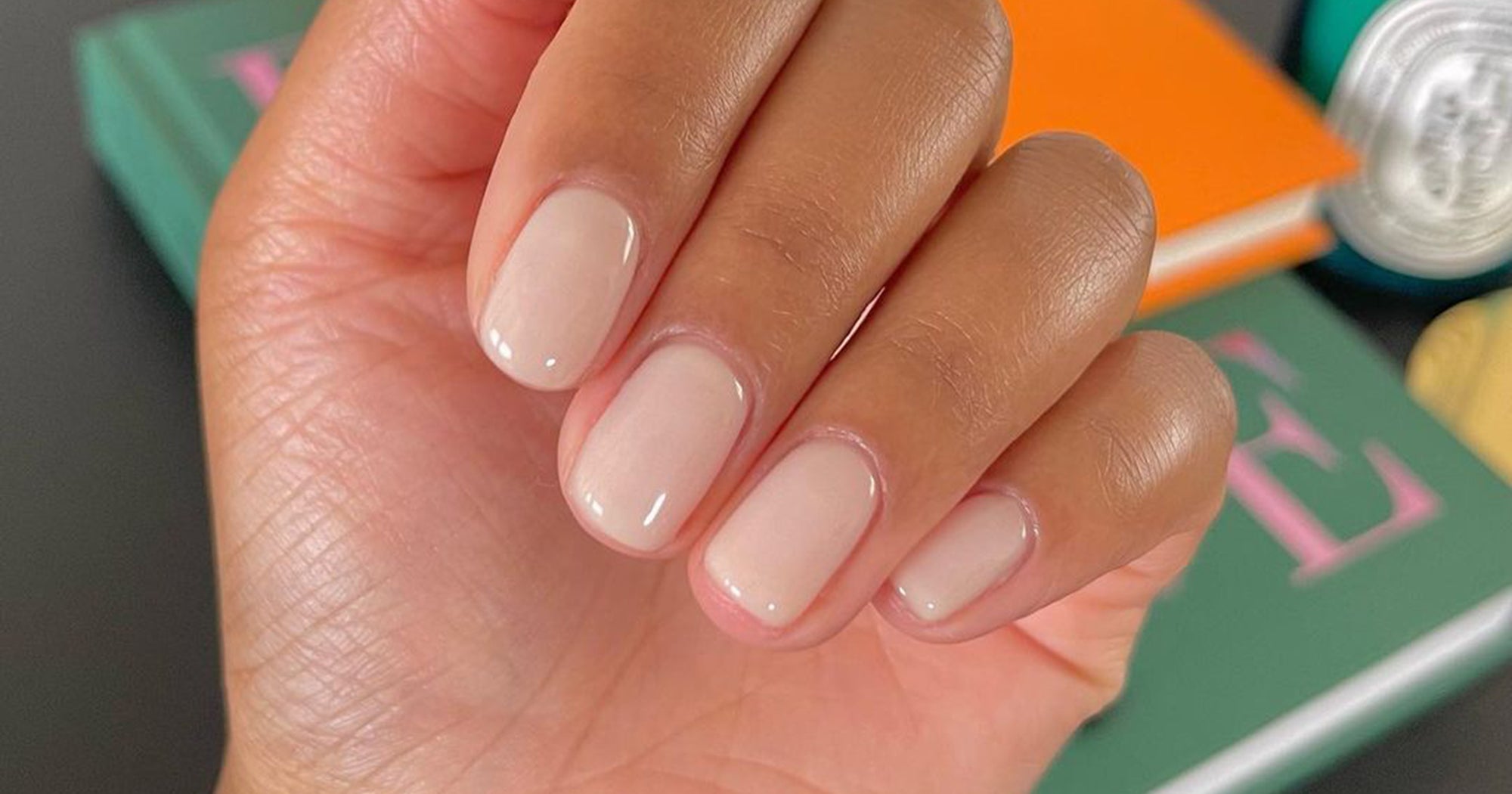Money Diary: A Project Manager With A Joint Income Of £70,000
Welcome to Money Diaries where we are tackling the ever-present taboo that is money. We’re asking real people how they spend their hard-earned money during a seven-day period — and we’re tracking every last penny.This week: “I’m a 32-year-old project manager living in South Wales and working remotely. I moved here three years ago with my partner as he is from this area. I feel really grateful to be able to live in a small town and work internationally. I was elected to the local town council a few years ago. I also stood as a county councillor but missed out. I got involved in politics in the last six years because it felt like we had a run of elections in the UK which didn’t go in the direction I think we need to, so I decided to try and do something about that. My partner and I combined our incomes when we bought our house. We’ve been together for eight years and it’s important to us to live our politics domestically too — we contribute proportionally to earnings, try and give away 10% after tax (though I realised by doing this exercise that we are abit short on that and currently around 7%), and spend money locally, because we can afford to pay a bit extra to do so. We’ve received a lot of passive income and are very grateful to be in that position, and aware of how much easier this has made our lives and affects our current choices today.”Occupation: Project manager Industry: International consultancy Age: 32 Location: South Wales Salary: Joint income of £70,000. I earn £40,800. J earns £28,000 and we get paid to our joint account. I also get £200 a year for being a town councillor. Paycheque Amount: £2,422 Number of housemates: One; my partner, J. Pronouns: She/her Monthly Expenses Housing costs: Our mortgage is £592. As I earn more, I contribute more, but as everything is paid from our joint account, I don’t know my actual percentage contribution. Loan payments: £0 Savings?: We have £19,000 in a joint savings account — this is for some work on the house, and we contribute to it monthly. I also have £4,000 in a personal LISA and £2,000 in an easy-access saver. Pension? I put in 5% and my company puts in 3%. Not sure on exact numbers. I know this is low from my work and so I increased my contribution by 2% recently. Utilities: £86 for gas and electric; £180 council tax; £57 water; £38 internet; £11 private dentist.All other monthly payments: £8 SIM-only deal; £16 trade union payment; £10 political party membership; £300 to charities (currently split between medical aid for Palestinians and the local food bank). Subscriptions: £14 for Netflix; £13.25 TV licence. Did you participate in any form of higher education? If yes, how did you pay for it? Yes, I went to do an undergraduate degree. My grandmother paid my tuition fees — she is well off and in her own words “wanted to see me enjoy my inheritance.” My parents paid me a monthly allowance for my living expenses and I worked several part-time jobs.Growing up, what kind of conversations did you have about money? We had conversations about money from a young age. I knew that my parents had saved some money for me that I would get when I was 18, and through my teens, my mum educated me on interest rates and moving money around to get the best deal. I asked for new clothes when I was 12, as I saw my classmates had nice clothes (all ours came from hand-me-downs or charity shops). After a few conversations, my parents decided to give me a monthly allowance which I used to buy my own clothes, among other things. This started at £30 a month. Every year we would sit down together and decide what I would buy and what they would buy. It started with them buying things like shoes, coats, and school things, and me paying for clothes and hobbies. The amount increased by about £10 a month every year, and so the amount of things I was responsible for also increased. This meant I learned to budget from a young age. If you have, when did you move out of your parents’/guardians’ house? Age 18. At what age did you become financially responsible for yourself? Does anyone else cover any aspects of your financial life? When I finished uni aged 23, but as below, my parents still give me money.What was your first job and why did you get it? I babysat for families in my village from age 12, and at 16 started working in a local shop. Babysitting was good money, and I enjoyed it because it topped up my allowance and gave me freedom to do more things with my friends. Do you worry about money now? I don’t worry about money, but I do think about it quite a bit; in terms of earning, spending and saving, and making sure those feel in good balance. Do you or have you ever received passive or inherited income?My parents gave me £10,000 when I was 18 and I was responsible for looking after this and spending it responsibly. I saved it and added to it and put it towards my house deposit a few years ago. When I came to buying the house, they also gave me £40,000 for the deposit and renovation

This week: “I’m a 32-year-old project manager living in South Wales and working remotely. I moved here three years ago with my partner as he is from this area. I feel really grateful to be able to live in a small town and work internationally. I was elected to the local town council a few years ago. I also stood as a county councillor but missed out. I got involved in politics in the last six years because it felt like we had a run of elections in the UK which didn’t go in the direction I think we need to, so I decided to try and do something about that. My partner and I combined our incomes when we bought our house. We’ve been together for eight years and it’s important to us to live our politics domestically too — we contribute proportionally to earnings, try and give away 10% after tax (though I realised by doing this exercise that we are a
bit short on that and currently around 7%), and spend money locally, because we can afford to pay a bit extra to do so. We’ve received a lot of passive income and are very grateful to be in that position, and aware of how much easier this has made our lives and affects our current choices today.”
Occupation: Project manager
Industry: International consultancy
Age: 32
Location: South Wales
Salary: Joint income of £70,000. I earn £40,800. J earns £28,000 and we get paid to our joint account. I also get £200 a year for being a town councillor.
Paycheque Amount: £2,422
Number of housemates: One; my partner, J.
Pronouns: She/her
Monthly Expenses
Housing costs: Our mortgage is £592. As I earn more, I contribute more, but as everything is paid from our joint account, I don’t know my actual percentage contribution.
Loan payments: £0
Savings?: We have £19,000 in a joint savings account — this is for some work on the house, and we contribute to it monthly. I also have £4,000 in a personal LISA and £2,000 in an easy-access saver.
Pension? I put in 5% and my company puts in 3%. Not sure on exact numbers. I know this is low from my work and so I increased my contribution by 2% recently.
Utilities: £86 for gas and electric; £180 council tax; £57 water; £38 internet; £11 private dentist.
All other monthly payments: £8 SIM-only deal; £16 trade union payment; £10 political party membership; £300 to charities (currently split between medical aid for Palestinians and the local food bank).
Subscriptions: £14 for Netflix; £13.25 TV licence.
Did you participate in any form of higher education? If yes, how did you pay for it?
Yes, I went to do an undergraduate degree. My grandmother paid my tuition fees — she is well off and in her own words “wanted to see me enjoy my inheritance.” My parents paid me a monthly allowance for my living expenses and I worked several part-time jobs.
Growing up, what kind of conversations did you have about money?
We had conversations about money from a young age. I knew that my parents had saved some money for me that I would get when I was 18, and through my teens, my mum educated me on interest rates and moving money around to get the best deal. I asked for new clothes when I was 12, as I saw my classmates had nice clothes (all ours came from hand-me-downs or charity shops). After a few conversations, my parents decided to give me a monthly allowance which I used to buy my own clothes, among other things. This started at £30 a month. Every year we would sit down together and decide what I would buy and what they would buy. It started with them buying things like shoes, coats, and school things, and me paying for clothes and hobbies. The amount increased by about £10 a month every year, and so the amount of things I was responsible for also increased. This meant I learned to budget from a young age.
If you have, when did you move out of your parents’/guardians’ house? Age 18.
At what age did you become financially responsible for yourself? Does anyone else cover any aspects of your financial life?
When I finished uni aged 23, but as below, my parents still give me money.
What was your first job and why did you get it?
I babysat for families in my village from age 12, and at 16 started working in a local shop. Babysitting was good money, and I enjoyed it because it topped up my allowance and gave me freedom to do more things with my friends.
Do you worry about money now?
I don’t worry about money, but I do think about it quite a bit; in terms of earning, spending and saving, and making sure those feel in good balance.
Do you or have you ever received passive or inherited income?
My parents gave me £10,000 when I was 18 and I was responsible for looking after this and spending it responsibly. I saved it and added to it and put it towards my house deposit a few years ago. When I came to buying the house, they also gave me £40,000 for the deposit and renovations. My grandmother also gave me £10k for the deposit. I recognise how privileged I am to receive this money and how much easier it has made my adult life so far.

7 a.m. — Wake up when J leaves for work. It’s my non-work day so I try and go back to sleep. I dropped a day at work last year to put more energy into local politics. I recognise it’s a huge privilege to be able to do this and afford it, especially in the current climate. Financially, it’s meant that we don’t save as much every month.
8:15 a.m. — Wake up again and book yoga for this morning. I buy a five class pass which will last J and me a couple of weeks as we both try and go at least once a week, £46.
10:30 a.m. — Finish yoga. Fantastic session; so needed after lots of travelling and sitting recently. I walk to town with my friend P to join her in a café. She’s doing some reading for her studying and I’ve brought a book, too. I buy us a shared cafetière, £6.25.
11:30 a.m. — I leave the café and do some shopping in town. I get bread from the bakery, veg from the market, a Big Issue, some art paper, juice from the Ukrainian stand and seeds from Oxfam. It’s a spendy morning but working from home means I don’t spend much in the week locally, and I really appreciate our town and want to see small businesses thrive, £35.50.
12:30 p.m. — Home for lunch.
2 p.m. — I do a bit of life admin, including making sure I’ve got all the meetings written down which are coming up — town council and political. May is Annual General Meeting season so it’ll be quite busy.
5 p.m. — I have a town council meeting for 30 minutes. I usually spend three to five hours in meetings every month, and for this receive £200 a year, so I treat it as a voluntary role. I recognise the privilege that myself and everyone on the town council have in being able to essentially donate their time and energy to local politics, and I often feel frustrated that systems of governance ask us to give so much, which means that local government is not a diverse place. It’s mostly populated by retired men, and then those are the opinions which shape decisions.
7:30 p.m. — I head over to the local hall where J is playing a gig with his band.
8:30 p.m. — I come home to watch a film. We got a free trial of Disney+ with a bank switch, but are about to switch again so I want to make use of it before it goes. J is out with the band.
11 p.m. — Sleep.
Total: £87.75

8 a.m. — Wake up and read. Slow morning with a fry-up at home.
12 p.m. — Pick up a pressure washer from the local Library of Things, £10. We borrow it for a week, which is the minimum timeframe. We had some work done recently in the house and our front yard is still pretty dusty.
1 p.m. — Have a snack at home and potter around with J, including having a little nap. It’s been a really busy time recently and I’ve been travelling internationally for work so I’m appreciating a slow weekend at home.
4 p.m. — Meet friend P for an ice cream in town. J pays for me and him.
5 p.m. — Head out for a walk with P. She drives us, we have a great time; the sun shines and the surroundings are beautiful.
7 p.m. — Go to an event with P. The event isn’t that good but we have a nice dinner and a drink and a good chat about it afterwards — also it’s a fundraiser, so I don't mind. P buys me an extra drink (return for coffee yesterday); £20 for the ticket including dinner.
9 p.m. — Home and sleep.
Total: £30

8 a.m. — Wake up and lounge around. J and I do some holiday planning for our trip in the summer. We planned it back in February and have booked most things.
10 a.m. — Go to church.
12 p.m. — Go to my friends’ house to help them move some furniture around as one of them is pregnant and they need two pairs of hands. I’m paid for my efforts in coffee and homemade cake, yum.
1 p.m. — Head to J’s dad’s house and have soup with him and J.
2 p.m. — I head across town and take a team of local activists canvassing for the general election (door knocking). It’s chilly today but not too bad. We keep moving around the houses and have some good conversations. I’ve been doing this once a week or so since the summer. Recently I’ve had a bit of time out so it’s good to be back.
3 p.m. — I make the most of being on that side of town and go to Aldi. I get salad bits, juice, yoghurt, feta, oat cakes, green beans, tea and chocolate, £11.67.
7 p.m. — Over to the in-laws for dinner. We stay for a bit and watch telly.
10 p.m. — Back home. We both spend a couple of minutes switching a bank account over as the deal ends tomorrow. I started doing it in the last six months after I dropped a day at work. So far we’ve done two and if this one all goes to plan that will have boosted our holiday savings by £900. I find it’s an “economies of scale” thing; by the time one of you has learnt the ropes of what you need to do for each switch, you may as well both do it then spend the money on joint fun.
11 p.m. — Sleep.
Total: £11.67

8 a.m. — Wake up. Breakfast of homemade muesli. Do some life admin bits including paying off credit card, £100. I rarely use it but I had to buy some clothes for a work trip recently (the wardrobe crossover between working from home in Wales and attending meetings in East Africa was 0 items of clothing).
9 a.m. — Start work by going upstairs. There are good and bad things about working from home, and I do miss the commute to make me move in the morning. I find it hard to do so otherwise.
11 a.m. — Cup of tea. Busy morning with some last-minute requests.
1 p.m. — Join a campaigning call with other activists from nearby. I make lunch while on the call.
2 p.m. — Need to get out of the house so I go for a walk while I have a call with a colleague. We catch up about his recent work trip and then get through a big list of agenda items.
4 p.m. — Hit a major slump and go to the kitchen looking for a pick-me-up. I resist chocolate and eat an orange instead.
5:30 p.m. — Finish work and get ready for yoga (booked with the package I bought on Friday).
7:30 p.m. — Great session, I really love the classes as a way to start the week. Get home and make tea. I roast squash and add bulgar, harissa paste and feta. Yum.
8 p.m. — Do some admin for our planning permission as we are hoping to build an extension later this year.
8:30 p.m. — Watch TV, I’m making the most of the Disney+ subscription.
10 p.m. — Bed and read.
11 p.m. — Sleep.
Total: £100

8 a.m. — Wake up and get ready for work; eat muesli.
9 a.m. — Take my first call walking to town. Go to the coworking space. My work pays for me to use this a couple of times a month, which is great to get out of the house.
11:30 a.m. — Head home for a call. I get news that my role is changing and that knocks me a bit.
12:30 p.m. — Break for an early lunch with J — he makes wraps. I watch some TV and eat some chocolate to try and cheer myself up. It doesn’t really work.
2:30 p.m. — An afternoon of many short, bitty calls. I take a few in the garden. Feeling the sun on my face makes me feel a bit better.
6 p.m. — Finish work and finalise our planning application and hit submit, £220. Exciting!
6:30 p.m. — Head out to my sister-in-law’s. Have a relaxed and tired evening chatting with her and watching TV.
10:30 p.m. — Home to sleep.
Total: £220

8 a.m. — Wake up, the usual for breakfast.
9 a.m. — Go upstairs to work and start the day with a call.
10 a.m. — Head to town to work from the coworking space. Have a very productive 90 minutes.
11:30 a.m. — Have a break. Drop something at the charity shop and browse the photo frames. I’m looking for some for a photo wall project I’ve got in mind. I find one I like so I buy it, £1.99.
12:30 p.m. — I pick up a takeaway pizza from the local Italian shop for tomorrow’s lunch, £2.95. I head home for some more meetings.
1 p.m. — I make a sandwich for lunch.
3 p.m. — Haircut time! My hairdresser comes to my house and I get it done every six weeks. It’s the only beauty thing I spend money on really, she’s lovely and always does a great job, £35.
5:30 p.m. — Finish work and go canvassing in the sun. It’s mostly fun and I have some great conversations as I’m door knocking this time. At the last house, I speak to one retired couple who are so disillusioned with politics and so angry about everything that I feel sad on their behalf. They have so much wealth relative to a lot of people in the UK and yet they feel so hard done by. I feel if they engaged with the community somehow, they may feel less cross and apathetic. But I refrain from giving them life advice, as that’s never a good approach on the doorstep.
7 p.m. — Get home and have dinner. Squash and feta again, yum.
7:30 p.m. — Renew our home insurance. We moved in three years ago today; it’s lovely to remember the moving time. I cancel our existing plan and shop around for a cheaper one, £280.
8 p.m. — Go for a walk and talk to my parents on the phone. Have a lovely chat.
10 p.m. — Bed.
Total: £319.94

8 a.m. — Wake up and J and I do some chores.
9 a.m. — Go to work upstairs.
10 a.m. — Leave the house and take my father-in-law to the hospital for an appointment. We save by not having our own car, and use theirs a lot — this feels like a way to thank them.
11 a.m. — Do work from the café in the hospital. I’m so grateful in moments like these for remote, flexible work. Go back to the car and eat the pizza I bought yesterday.
12 p.m. — Drive home.
1 p.m. — Really busy afternoon with lots of calls. I love working internationally; this afternoon I’m on a call with people in Kenya, Ghana, the US and the UK.
4 p.m. — My sister arrives to stay for the weekend and I dip out in a break between meetings for a quick hello.
5:30 p.m. — Finish work and we hustle to make dinner. We have tortillas in so I pull together salad, refried beans and eggs. It’s delicious.
6:30 p.m. — Leave to go to a political meeting in a nearby town. I pick up two activists and drive us there in the borrowed car. It’s a great meeting with an MP who is kindly visiting us. We have a good discussion and it’s lovely to see fellow party members from further afield. One of the people I drove offers me a drink and so I have a lemonade.
9 p.m. — Meeting finishes; I drive home and drop everyone off. I then realise my mother-in-law is babysitting my nephews on the other side of town so I go and pick her up, too. Drop the car off and get home at 10 p.m.
10:30 p.m. — Do some life admin. The window cleaner came today, which he does every four to five months, £25.
11 p.m. — Sleep.
Total: £25

Food & Drink: £76.37
Clothes & Beauty: £35
Home & Health: £582.99
Entertainment: £0
Travel: £0
Other: £100
Total: £794.36
Conclusion
“This was a very expensive week with two big costs for the home which don’t come along very often — home insurance and planning permission — and making a credit card contribution which I only do once a month. These were costs that I had foreseen and saved for. Otherwise, I would say this was a very typical week. My main reflection is that I plan what I spend; none of this was unexpected. It also underlined that spending money locally is important to me. One reflection I have is that I am more on top of home admin than my partner. We regularly talk about and work on our division of domestic labour and I think I have taken more of this on recently, so I look forward to re-balancing things.”
Like what you see? How about some more R29 goodness, right here?
Money Diary: Assistant Safety Manager On £35k
What's Your Reaction?







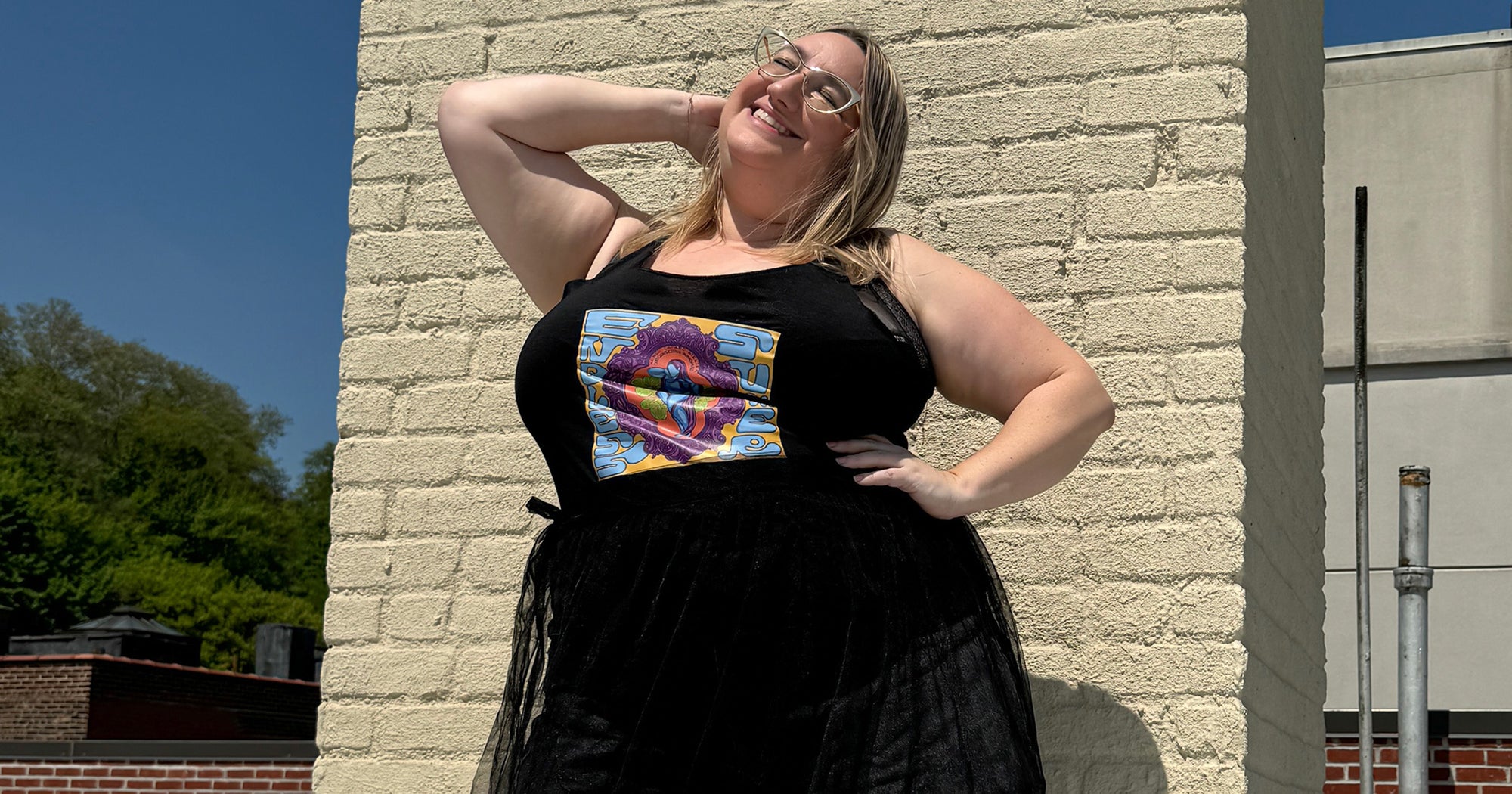



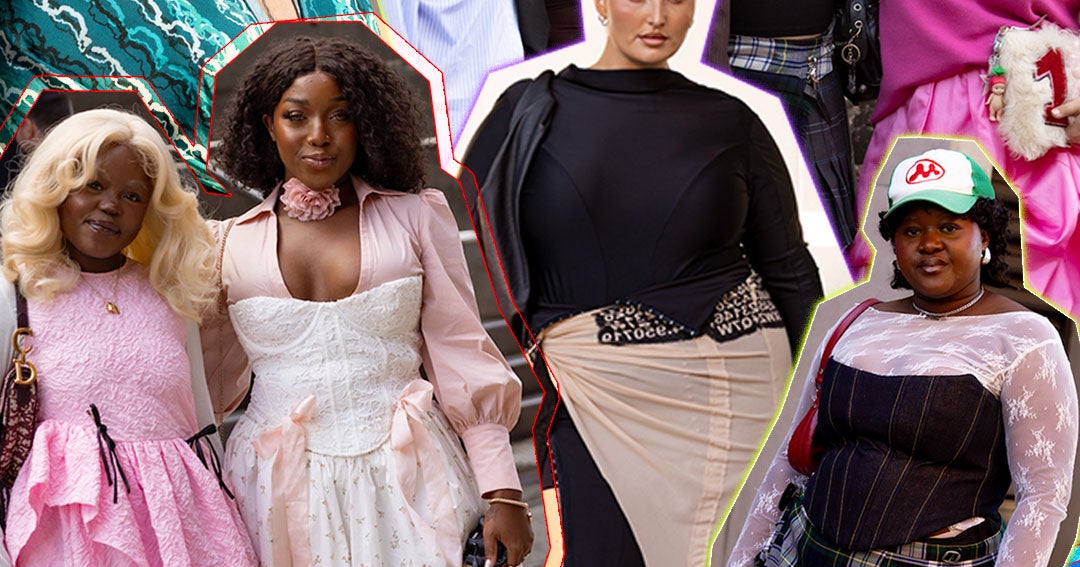

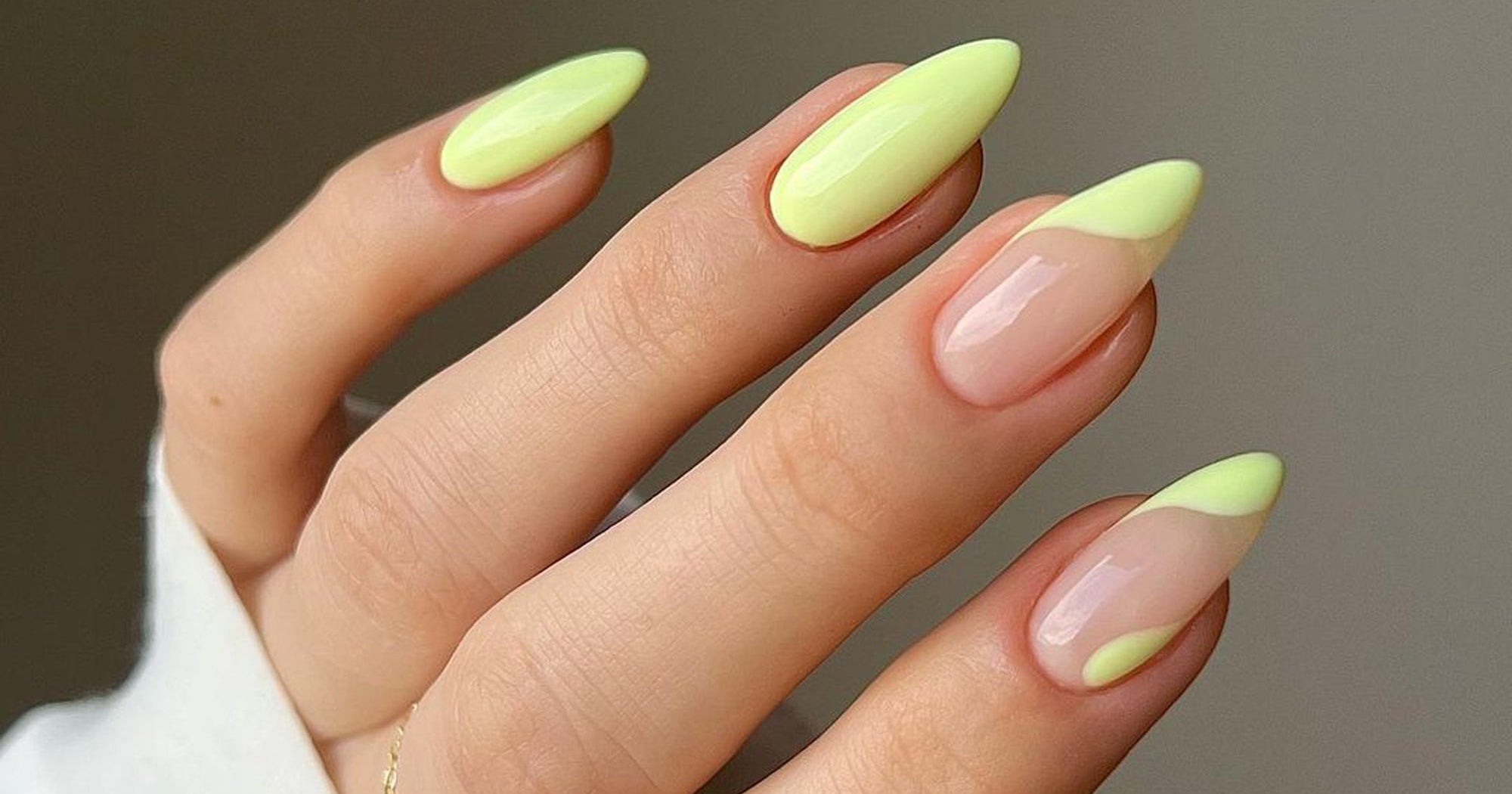





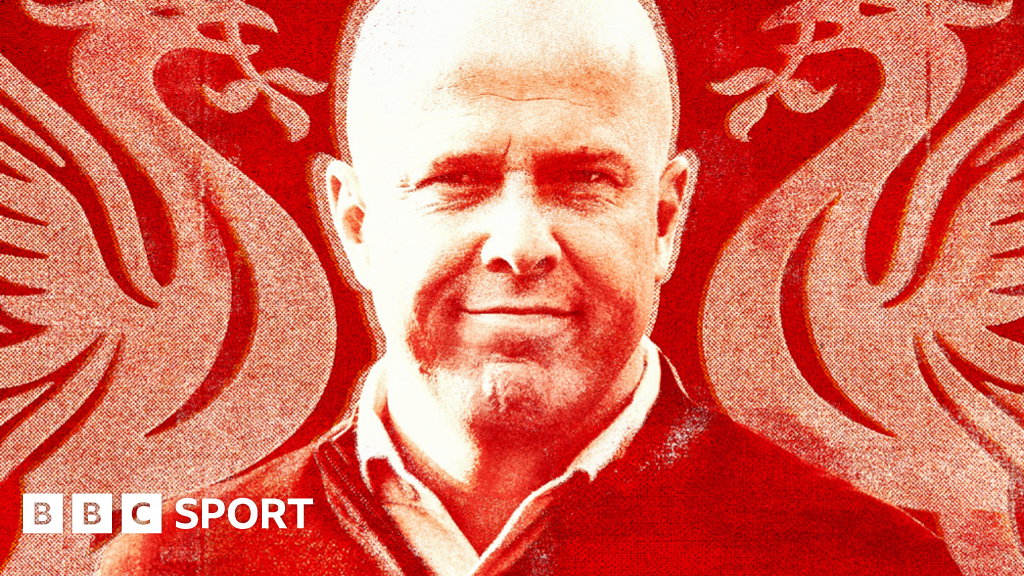
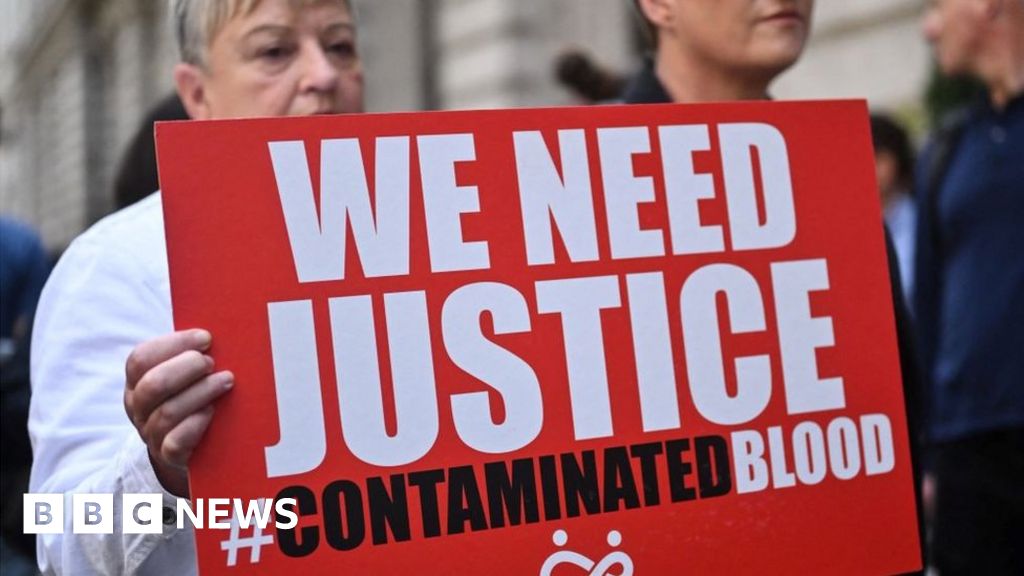









/cdn.vox-cdn.com/uploads/chorus_asset/file/25456655/XPS_13_Graphite_7.png)
/cdn.vox-cdn.com/uploads/chorus_asset/file/25456412/13_Yoga_Slim_7X_QC_Cosmic_Blue_3Q_front_left_open_display.png)
/cdn.vox-cdn.com/uploads/chorus_asset/file/25455930/HP_OmniBook_X_AI_PC_HP_EliteBook_Ultra_G1q_AI_PC_Hero_Image.png)
/cdn.vox-cdn.com/uploads/chorus_asset/file/25453595/Swift_14_AI_SF14_11_touch_two_angles_2.png)


